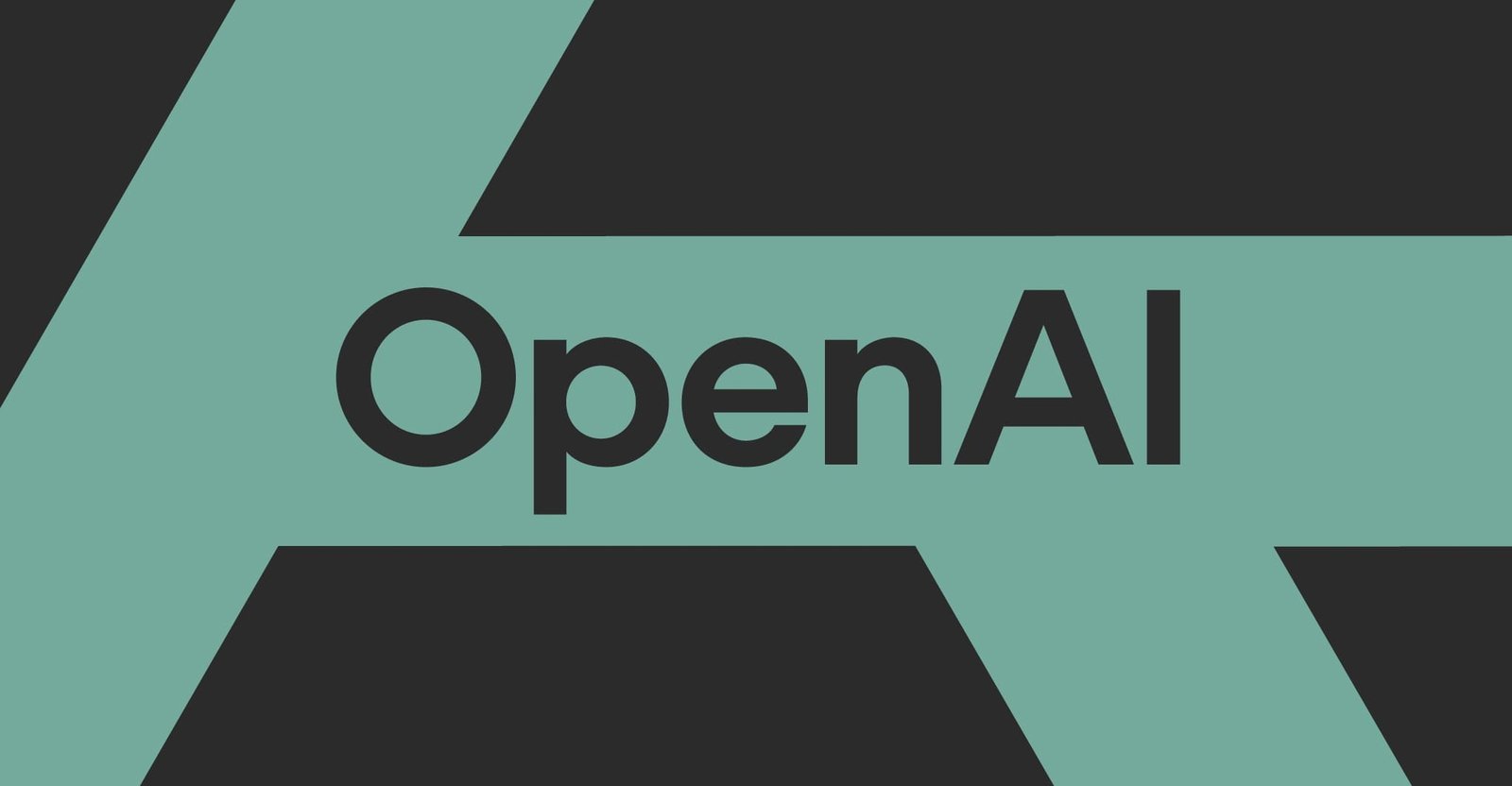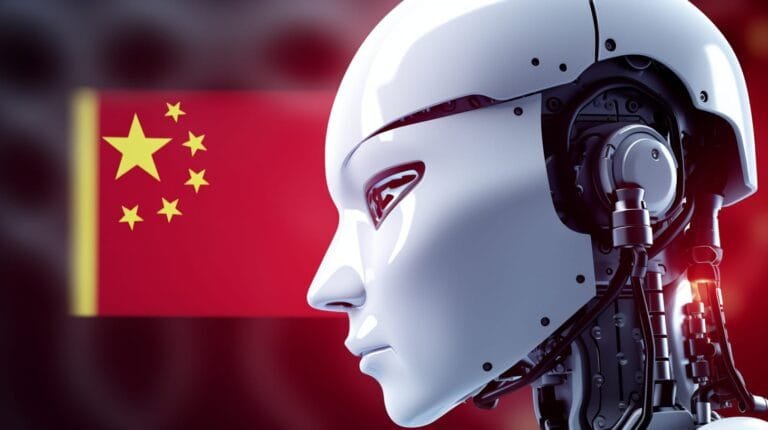
Global rise in ChatGPT usage — now processing over 2.5 billion prompts daily.
OpenAI’s ChatGPT 2.5 billion daily prompts and its impact on the human mind
So ever since its launch, OpenAI’s ChatGPT has emerged as a revolutionary tool in the field of Artificial Intelligence (AI). And it is a chatbot that has the ability to have human-like conversations, answer questions, create content and assist in various tasks. According to recent data, ChatGPT is handling more than 2.5 billion prompts (commands or questions given by users) per day. This figure not only reflects its rapidly growing popularity. But it also indicates how AI is becoming an integral part of our daily lives. But in this article, we will discuss in detail this huge use of ChatGPT, the technology behind it and its multifaceted effects on the human mind and society.
The growing use of ChatGPT, the story of 2.5 billion prompts
So earlier in December 2024, OpenAI CEO Sam Altman told that ChatGPT processes 1 billion prompts daily. In just eight months, this number has more than doubled to 2.5 billion. This growth is extraordinary and shows how rapidly people are adopting this AI tool for various purposes. About 330 million of these prompts come from the United States alone. Which also shows the global reach of AI. So that this figure tells us several important things. Along with the unprecedented speed of adoption that ChatGPT has attracted millions of users in record time. And its usability and accessibility have transformed it from a niche tool to an essential infrastructure. And the diverse use cases that the sheer number of prompts shows that users are using it for a variety of purposes.
From finding information to assisting in creative writing to coding to problem-solving content creation and even for entertainment. It is a challenge for Google but Google still handles trillions of search queries per day. And the rapidly growing popularity of ChatGPT is a sign that it could significantly impact the way information search and online interaction happens in the future. The news of OpenAI developing an AI-powered web browser and ChatGPT agents further increases this competition.
How does ChatGPT work? Talking about the importance of prompt engineering
So ChatGPT is based on a large language model. Which has been trained on a huge dataset of billions of words and sentences. Also, this training enables it to understand and generate patterns, grammar, context and nuances of human language. And a key concept behind its success is prompt engineering. Prompt engineering is an art in which users create such clear and effective instructions (prompts) that help in getting the desired and accurate response from ChatGPT. Also, a well-crafted prompt enables ChatGPT to generate a specific relevant and high-quality response instead of giving a generic answer.
For example, a simple prompt is Tell me about India and an effective prompt is Prompt engineering is gaining importance because it helps users to use the full potential of AI. The tech industry is also paying attention to this. And prompt engineer is becoming an emerging and valuable career path. Also ChatGPT and human mind advantages and disadvantages AI models like ChatGPT are having a profound and multifaceted impact on the human mind and cognitive processes.
Also, talking about its advantages, quick access to information and increase in knowledge that ChatGPT is able to simplify complex information and give quick feedback. It helps users to easily access information on any topic. And thereby increasing knowledge. It can make the learning process more accessible and personal. Also, by assisting in various tasks like writing emails, preparing reports, debugging code or brainstorming ideas, ChatGPT can significantly increase the productivity of individuals and professionals. While it allows humans to focus on more creative and strategic tasks by automating repetitive or time-consuming tasks. As well as boosting creativity that ChatGPT can help break creative barriers. But writers, artists and designers can also use it to get inspiration for new ideas, stories or designs. So it can boost the creative process by providing different perspectives and suggesting new combinations.
Talking about the disadvantages of ChatGPT and prompt engineering
this cognitive laziness and lack of critical thinking can lead to a decrease in the critical thinking, problem-solving skills and creativity of the human brain due to excessive reliance on ChatGPT. But if users accept the output generated by AI without verifying the information, it can lead to the spread of misinformation and a decline in decision-making ability. Along with misinformation and bias, ChatGPT can sometimes generate false or fabricated information called hallucinations based on its training data.In addition, the training data can also reflect biases in the output of AI, leading to biased or inappropriate responses. Also, loss of creativity While ChatGPT can promote creativity, it can also cause its decline. If people completely depend on AI to create content, their own original thought processes and imagination may be weakened.
As well as the impact on employment that AI models like ChatGPT can automate jobs in certain industries, thereby reducing the need for certain types of labour. This can particularly affect jobs that involve repetitive or information-based tasks. And ethical and privacy concerns that users can share sensitive information through prompts, raising concerns about data privacy and security. There are also ethical questions associated with the use of AI, such as ownership and responsibility of content generated by AI. And lack of sensory and emotional understanding. ChatGPT, being a machine, does not really understand human emotions, empathy or personal experiences. So that it only generates responses based on patterns, which can lead to its limitations in emotionally complex or sensitive conversations.
Excessive reliance on technology
So excessive reliance on AI can lead to a situation where individuals underestimate their own abilities and become dependent on technology for every small task, leading to a loss of autonomy and flexibility. And the way forward with balance and responsibility The future of ChatGPT and similar AI tools holds immense potential for human society. However, it is important to ensure effective and responsible use of these technologies. And promoting AI literacy It is important to educate people to understand both the capabilities and limitations of AI.
They should be taught how to evaluate the accuracy of information generated by AI and how to use critical thinking. And ethical guidelines and regulation It is necessary to establish clear ethical guidelines and legal frameworks for the development and use of AI. This includes data privacy, tackling bias, and accountability of content generated by AI. And human-AI collaboration: The future will be based on collaboration between humans and AI rather than AI replacing humans. AI should be seen as a tool that enhances human capabilities. Not diminishes them. And continuous research and development: There is a need for continuous research to improve AI models so that they are more accurate, fair, and safe. This includes finding ways in which AI can enhance human cognitive abilities without negatively impacting them.
Also talking about its findings
The 2.5 billion prompts being processed daily by OpenAI’s ChatGPT clearly reflect its place at the center of the AI revolution. And it is a powerful tool that has the potential to democratize access to information, increase productivity and boost creativity. However, it also comes with some significant challenges. In particular its potential negative effects on the human mind such as cognitive laziness and the spread of misinformation. By adopting a responsible and informed approach that emphasizes AI literacy, ethical regulation and human-AI collaboration, we can take advantage of the full potential of AI tools like ChatGPT. But ensure that they contribute to human welfare and progress. It is important to remember that AI is a tool; how it is used depends on human judgment and discretion.



